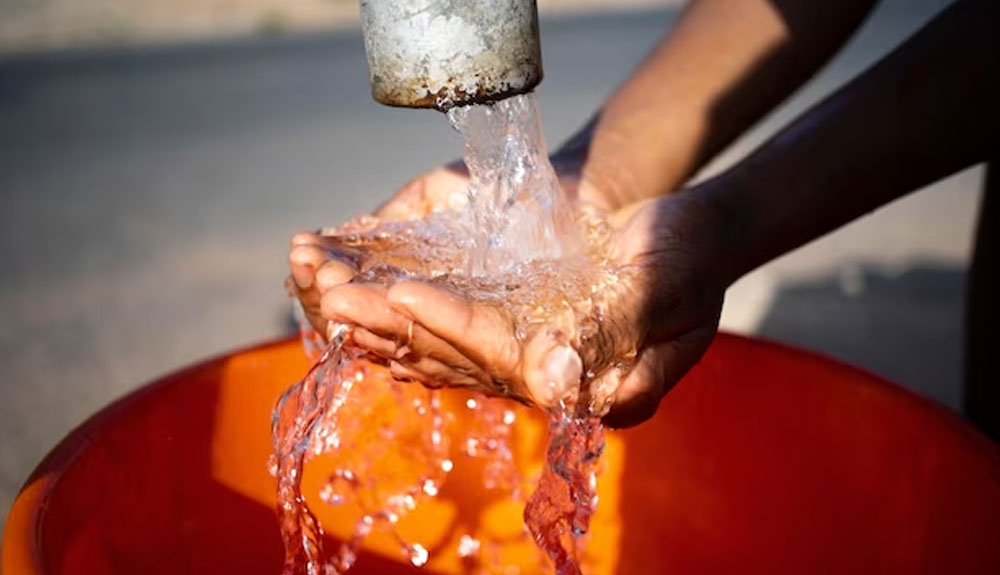


Steel is an indispensable and versatile material in municipal bulk water infrastructure, where pipelines traverse many kilometres of remote and demanding terrain to meet the potable water needs of South African communities. By Keitumetse Moumakoe, director, ASTPM.
Used extensively in the construction industry for many years, steel pipes are viewed as a stronger and more flexible alternative to iron- and plasticbased pipes. They have several advantages over other metals and compounds that could be used in pipe works, and provide the most durable presence when used in water pipelines. With the correct repair and maintenance in place, steel pipes should have a lifespan of over 50 years within municipalities. Steel pipe water mains A system made up of steel pipe water mains has been a reliable and economically advantageous solution for drinking water supply for decades. The water mains and fittings can be customised according to the technical specifications of municipalities. Maintenance and corrosion protection The maintenance and preservation of carbon steel pipelines in metros and municipalities is of paramount significance in ensuring continued and reliable water service delivery. These assets, like any infrastructure, are exposed to the elements of nature that present challenges. Carbon steel pipelines are inherently vulnerable to corrosion, but the pipeline segments will not necessarily corrode at the same rate in every circumstance. Common factors that increase carbon steel corrosion include pitting corrosion, which happens when chips or cavities form on the outer surface of the steel pipeline, and exposure to moisture, grime, chemicals and saltheavy air.
ADVANTAGES OF STEEL PIPE WATER MAINS IN MUNICIPAL INFRASTRUCTURE
• Diameter tolerances are precise
• Curved fittings allow large-radius bends in pipelines
• The number of joints in a pipeline can be optimised by the choice of pipe lengths (616 m)
• Modifiable system of water mains, allowing the implementation of special solutions via welding
• Steel can withstand external stresses and internal hydraulic shocks extremely well
• Coated steel pipes are durable against environmental stresses like de-icing salt, corrosion, aggressive clay soil and contaminated soil layers – guaranteeing long service life (even without cathodic protection)
• High domestic manufacture and delivery capacity within South Africa from ASTPM members
• Steel is a versatile piping material suited for several joining methods – welded, flanged or couplings

A comprehensive corrosion mitigation plan is key to ensuring the longevity of steel pipeline process systems used for purposes of drinking water, sewage or rainwater drainage within municipal districts.
Protective coatings on steel pipelines – polyethylene externally and epoxy and concrete internally – reinforce metallic surfaces and make it less likely for cracks or other ‘corrosion catchers’ to form. Additionally, galvanisation can also be specified to strengthen outer layers and protect against galvanic corrosion. The galvanising process includes spreading a layer of liquid zinc over the carbon steel pipes. This is because zinc is more likely to give up electrons than carbon steel when exposed to corrosive elements. Zinc strengthens the carbon steel beneath it. Pipe restraints like U-bolts, clamps and straps keep pipelines from colliding with surrounding objects – therefore reducing the possibility of corrosion. Rather than pinning a steel pipe to one spot, some pipe restraints use protective liners that minimise vibrations and encourage axial movement. Pipe shoes can also be used to lift the steel pipes off surrounding beams or harsh surfaces. This prevents pipes from rubbing against other hard surfaces, further reinforcing the preference of steel pipes and their versatility.
Water infrastructure projects – The prioritisation of water infrastructure bodes well for steel pipe manufacturers in the water fraternity who should see an uptake in demand and greater sustainability in the short to medium term.
The Minister of the Department of Water and Sanitation (DWS), Lindiwe Sisulu, announced in her 2021/22 budget vote that the roll-out of water infrastructure projects will assist in achieving Sustainable Development Goal 6 – clean water and sanitation for all by 2030. Some of these water infrastructure projects include the Mzimvubu Water Project, raising the Tzaneen Dam and Nwamitwa Dam, raising the Hazelmere Dam, the Olifants- Doorn River Water Resources Project, and raising the Clanwilliam Dam.
Priority will also be given to the ongoing implementation of the Integrated Vaal River Intervention, including 10 regional bulk infrastructure projects, the successful evaluation of 25 dams across the country, and unscheduled maintenance projects.
The capacity of the Trans-Caledon Tunnel Authority, Municipal Infrastructure Support Agent, water boards and DWS construction units will be harnessed to implement infrastructure projects with a clear focus on creating jobs, maintaining assets and promoting SMMEs, with 30% of procurement spend targeting woman- and youth-owned enterprises.


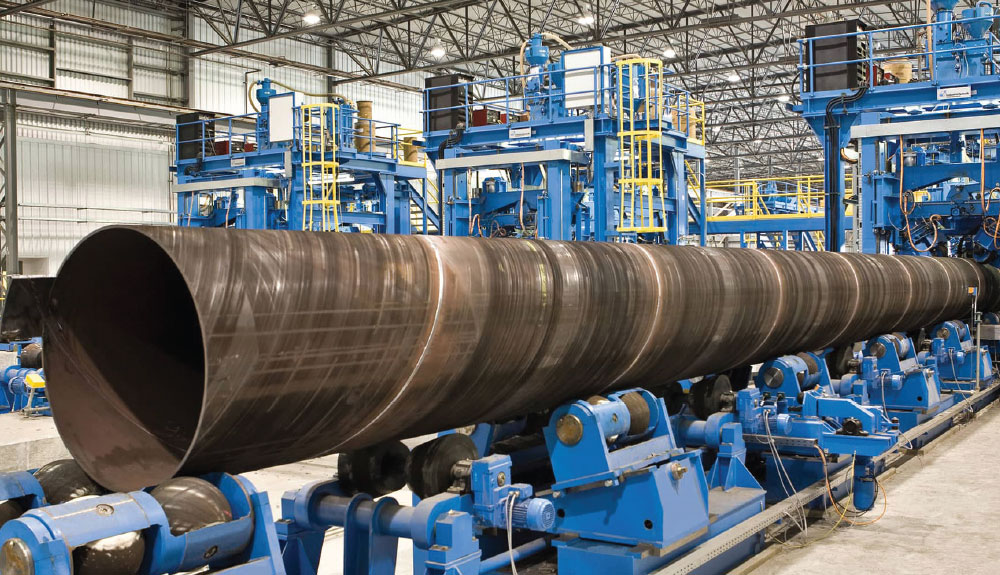
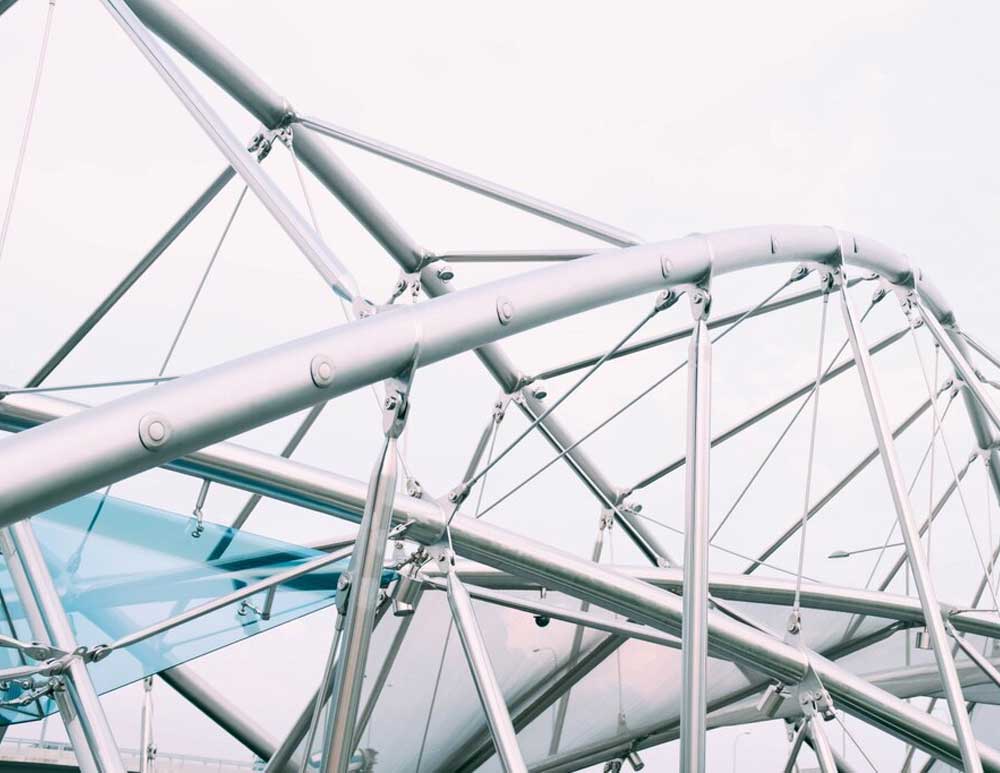

Steel is an indispensable and versatile material in municipal bulk water infrastructure, where pipelines traverse many kilometres of remote and demanding terrain to meet the potable water needs of South African communities. By Keitumetse Moumakoe, director, ASTPM.
Subscribe to our newsletter to stay up to date on the latest industry news.
A representative of the welded carbon steel tube and pipe manufacturers in South Africa. Our members account for 70% of the installed capacity for conveyance, mechanical and structural tubular products which are supplied to international specifications.